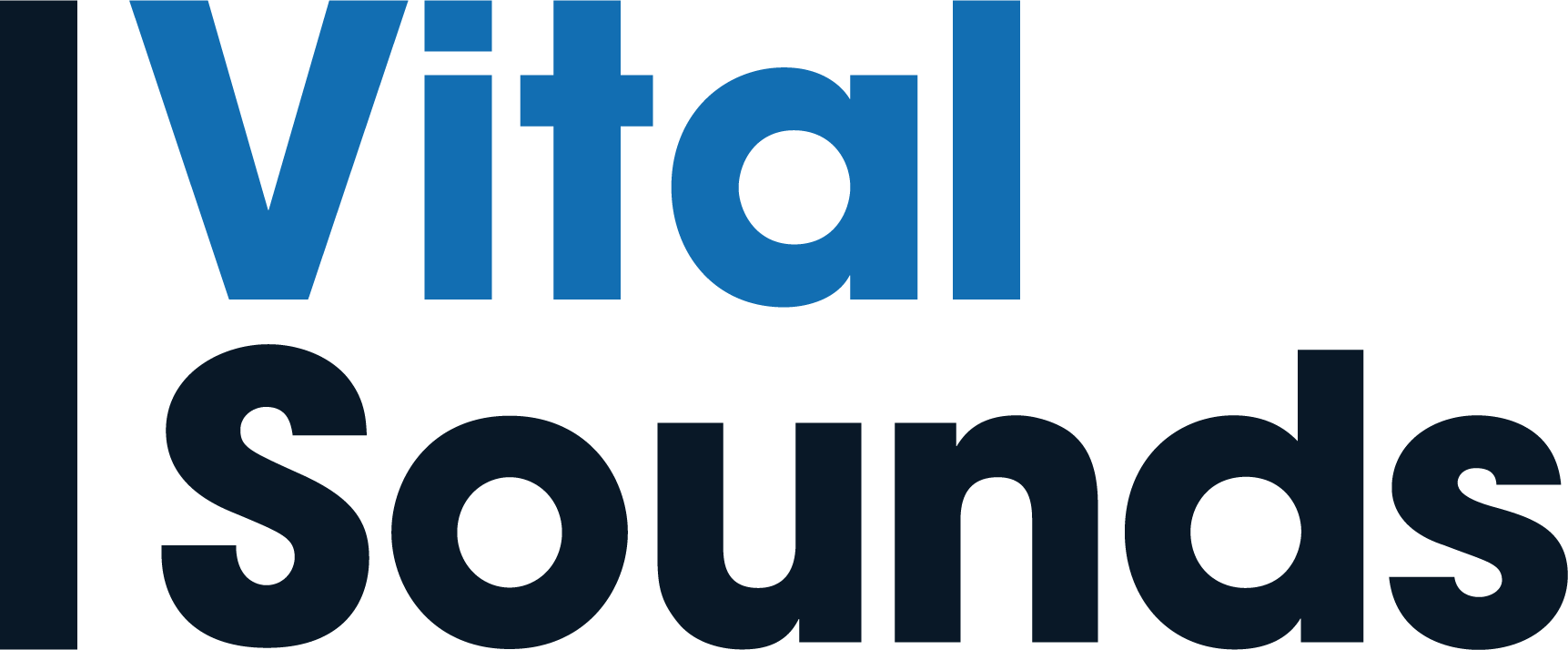Connie Christian, MBA, CPHRM
KAMMCO, Facility Risk Management & Patient Safety Advisor
Each year, ECRI identifies ten potential patient safety concerns to support organizations in their efforts to proactively identify and respond to threats to patient safety. This year’s list centers on events of the past year and offers insight into how organizations can improve health disparities and better prepare for the next pandemic. ECRI and KAMMCO encourage facilities and organizations to use the list to help formulate risk mitigation strategies.
- Racial and Ethnic Disparities in Health Care: Racial disparities in health and health care will not disappear overnight and are not solely the responsibility of health care organizations; however health care organizations can begin taking actionable steps to start improving health equality.
- Emergency Preparedness and Response in Aging Services: Aging services organizations should take an integrated systems approach to implement emergency response plans that concern all stakeholders; residents, workforce and visitors. Organizations should comply with the centers for Medicare and Medicaid Services’ (CMS) emergency preparedness rule requiring annual review and testing of the emergency operations plan (EOP).
- Pandemic Preparedness across the Health System: The COVID-19 pandemic revealed that the U.S. health care system was unprepared to effectively manage a fast-moving infectious disease outbreak (pandemic). Health organizations, federal and state governments must better prepare for future pandemics.
- Supply Chain Interruptions: Tackling supply chain interruptions during emergencies and health crises requires planning, preparation, flexibility and cooperation with outside collaborators.
- Drug Shortages: Preparation, standardization, communication and monitoring are essential for safely managing drug shortages and reducing adverse events.
- Telehealth Workflow Challenges: Telehealth is adding value-based care and ensuring greater access to meeting patient demand. The challenge providers now face is continued expansion of services within a safe environment.
- Improvised Use of Medical Devices: In addition to having inspection and preventive maintenance programs, health care organizations should implement a risk management approach that documents equipment limitations, failures, user errors and improvisations that may affect patient care. Such data can better inform equipment decisions and thus alleviate the need to improvise.
- Methotrexate Therapy: Proper prescribing of methotrexate hinges on effective communication of instructions to patients, accurate documentation of dose and frequency and accurate reflection of this information in computerized provider order entry (CPEO) systems.
- Peripheral Vascular Harm: The challenge of an effective PIVC harm prevention program is to reduce the rate of PICV infections as much as possible given a specific patient population. Sustained progress will require continued effort. A multidisciplinary effort should involve leadership, those who allocate resources, infection control personnel, vascular access teams, those who insert and remove IVs, and patients themselves. Reporting these events to a patient safety organization is essential.
- Infection Risk from Aerosol Generating Procedures: Infection control leaders across the continuum of care should assess practitioners’ safety during aerosol-generating procedures and work to develop, implement and enforce appropriate precautions.
The full Top 10 report offers action recommendations, resources and references. ECRI has made the Top 10 patient Safety Concerns 2021 report publicly available for download here or at https://www.ecri.org/top-10-patient-safety-concerns-2021/.
About ECRI
ECRI is an independent, nonprofit organization improving the safety, quality, and cost-effectiveness of care across all health care settings. ECRI’s unbiased assurance in evidence-based research, medical device testing, and knowledge of patient safety are uniquely respected by health care leaders and agencies worldwide. Visit ecri.org and follow @ECRI Institute to learn more.
For more information on risk management or loss prevention and professional liability issues, contact Connie Christian at cchristian@kammco.com.
